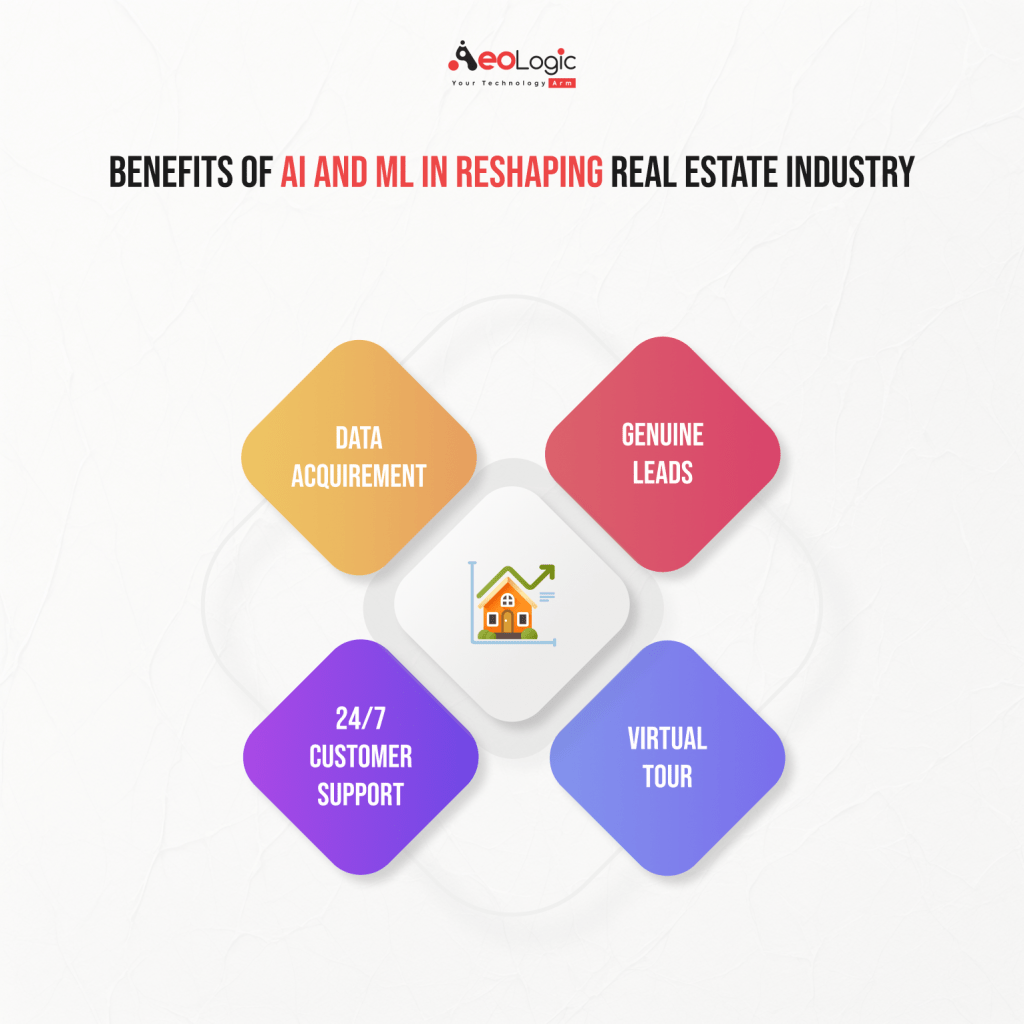The real estate industry is one of the most important foundations of global infrastructure. This industry is responsible for developing roads, bridges, and public transportation, which contributes to economic growth. But many frauds in the real estate business reduce the quality of work and sometimes that causes big and brutal accidents. (https://pragermetis.com) There are also many complaints about not executing proper plans which also result in unfortunate incidents.
Instead of having some bad sides, there are a lot of positive sides of real estate that cover the cons. The real estate industry also has an impressive market size as the Real Estate market worldwide is expected to reach a staggering value of US$637.80tn by 2024. Among the various segments, Residential Real Estate dominates the market with a projected market volume of US$518.90tn in the same year.
Since the real estate industry is important, it needs technical tools that can enhance it more than before. In this digital era, Artificial intelligence and Machine learning have those abilities that can make enhancement in this industry. In this article, we will see the role of AI and ML in the real estate sector, the benefits of AI and ML, and some major challenges that could be faced.
Role of AI and ML in Real Estate Sector

Artificial intelligence is defined as the science of creating machines with human-like thought processes that are capable of actions deemed “smart.” Unlike humans, and also can process enormous amounts of data in many ways. Machine learning is defined as a field of study that focuses on creating and analyzing statistical algorithms that can learn from data, generalize to new data, and carry out tasks without explicit instructions.
Artificial intelligence and machine learning can play an important role in the real estate market by creating more effective digital marketing campaigns toward specific demographics likely to be interested in their services.
Existing Market Size of AI and ML in Real Estate Sector
The artificial intelligence and Machine learning market size is quite impressive as the global market size of AI in real estate is going to grow up to $737 billion in 2027 and It has grown from $164.96 billion in 2023 to $226.71 billion in 2024 at a compound annual growth rate (CAGR) of 37.4%. while the overall AI spending was $97.9 billion in 2023 which is 2.5 times more than in 2019.
This valuation is expected to increase year by year, which is a good thing for the world GDP.
Also Read: The Role of AI in Shaping the Future of Education Industry
How AI and ML are Shaping Real Estate Sector?
AI and ML possess great capabilities that can contribute to real estate development from various means as AI systems can examine large amounts of data, including market trends, demographic changes, economic indicators, and even feelings expressed on social media with the help of machine learning algorithms. Deep data and extremely detailed insights into market dynamics, investment prospects, and property valuations are provided by analyzing with the help of Artificial intelligence. These aspects overall give the developing shape to the real estate world which is good for world infrastructure.
Top Features of AI and ML for Real Estate Sector
AI and ML algorithms are developed for natural language processing that offers a lot of characteristics. Here are a few key characteristics mentioned below.
Automating Data Analysis
Artificial intelligence and machine learning can data process and analyze to provide insights. Data processing and analysis can able to completed automatically which saves time. Overall, AI and ML can maintain data for uploading, handling, and processing data via automated data processing tools instead of manually performing all these tasks.
Integration Ability
AI and ML can integrate with other technologies like IOT that can be used to track the market trends in real estate. Integration capability is beneficial for the real estate industry as well as other industries.
High Security
Real estate is based on data like property-related data, road maps, plans, etc. These are sensitive data and cannot go into the wrong hands. AI and ML have the characteristics to encrypt files and data with strong security layering. This reduces the scams in the real estate industry.
Also Read: Impact of Artificial Intelligence on the Future of Workforces
Benefits of AI and ML in Reshaping Real Estate Industry

Artificial Intelligence and machine learning possess many characteristics that are responsible for offering many beneficial terms for the real estate industry. Here are a few benefits of AI and ML in reshaping the real estate industry mentioned below.
Data Acquirement
The real estate industry mostly works on the data requirement at a large amount as there are millions of properties sold and bought every year. That data is not easy to manage manually on papers where Artificial intelligence and machine learning have algorithms to manage data easily with the integration into a cloud-based system.
To gather Information
Insider information is the main component of the real estate industry as the one who gets it early makes a profit. Another AI and ML benefit in real estate businesses is to provide genuine leads, helping them filter out potential buyers from casual window shoppers.
24/7 Customer Support
Many organizations provide services related to real estate. Since they are registered, there is a platform on the internet. Sometimes customers have some problems or confusion that need to be resolved to maintain their trust in the organization. AI can develop chatbots that solve customer’s problems without the involvement of any person.
Virtual Tour
Many customers are not able to visit properties but are interested in seeing the property. Images cannot provide the experience of a visit to the property. AI can create animated videos of a particular property that can be experienced through devices like VR and AR.
Challenges with AI and ML for Real Rstate Industry
With having tremendous positive sides of AI and ML for real estate, there are a few challenges too that could be faced. Here are a few challenges mentioned below.
- Data privacy and security are the key challenges as real estate is always based on sensitive data and if that data breaches then it can result in too much loss for the organization and customer too.
- AI and ML can be a risk factor for property agents in the term of their job. A customer can research using AI tools from their comfort zone so that they do not need agents. So it is a concerning thing.
- Implementing an AI system isn’t a low-cost endeavor. The software alone can set you back thousands of dollars that every organization cannot afford so it is also a challenging thing.
Also Read: How AI-Powered Automation Can Enhance Business Growth
Final Words
AI and ML are transforming the real estate industry landscape by enabling personalization, predictive analytics, and enhanced customer experiences. Organizations in the real estate sector can optimize several aspects of their operations by integrating AI. Business organizations may efficiently monitor and manage progress to guarantee regulatory compliance by putting automated workflows into place. Overall, AI and ML can provide a new evolution to the real estate sector which is a good thing for the development of infrastructure of the world.
Looking to kickstart your growth with AI? Contact us today to find out how we at Aeologic Technologies can help!









